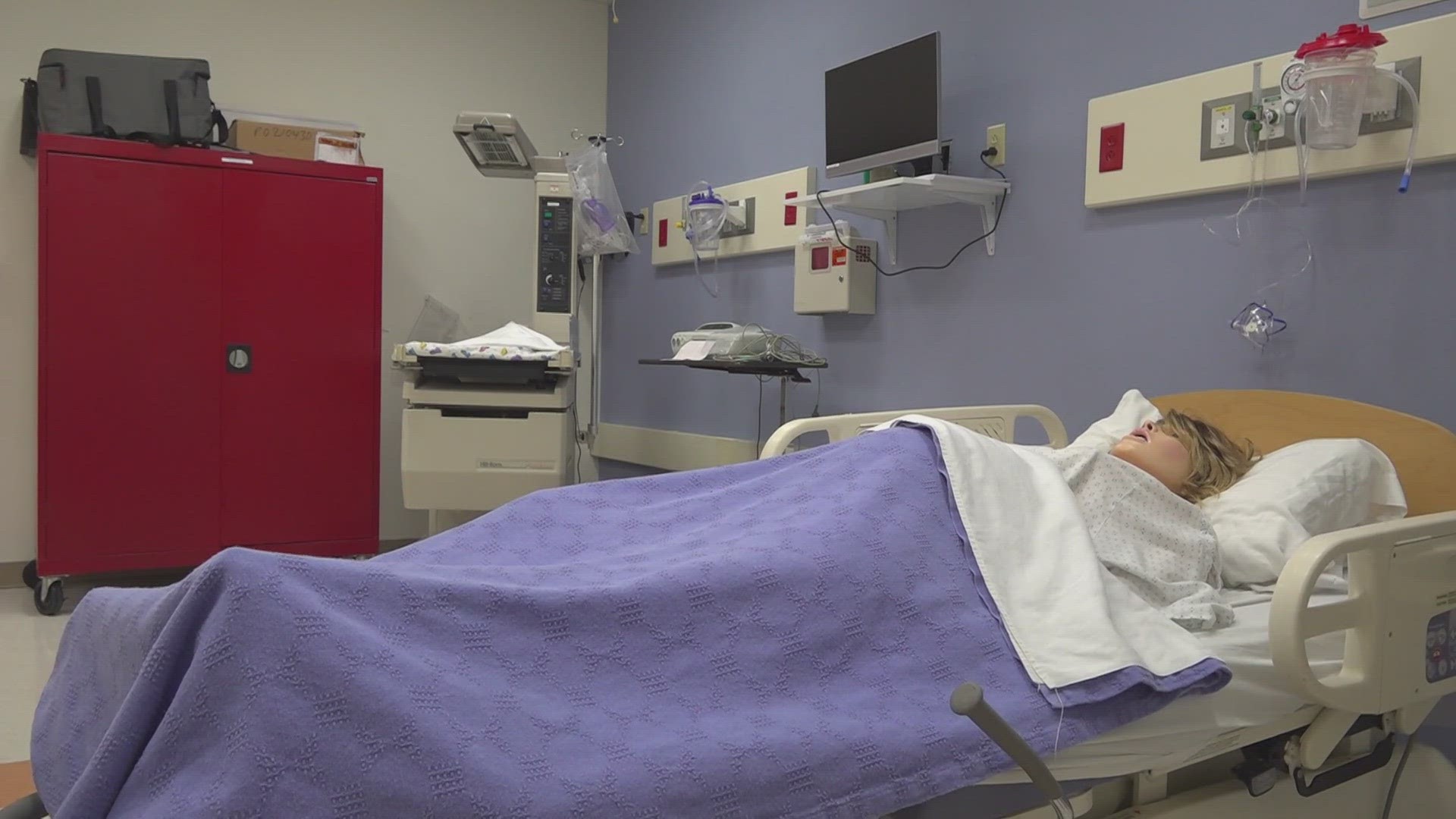MIDLAND, Texas — There is a constant need and demand for healthcare workers in the Permian Basin.
That reality ranges beyond the growing communities in Midland-Odessa to include the more rural areas of West Texas as well.
At Midland College, there is a program trying to change that.
The Primary Care Pathway Program is a program that gives West Texans a start and a path to serve their communities when their education is complete.
In vast West Texas, space brings challenges.
“I kind of understand what it’s like to grow up in area where there [are] not really a lot of medical services provided," said Lourdes Acosta, a sophomore pre-med student in Midland College’s Primary Care Pathway Program.
One of those challenges is healthcare.
“There is a need for more physicians to come out and practice medicine in small rural areas and just to provide more service to the community there," Acosta said.
Acosta grew up in Alpine, Texas, an area with a population of around 6,000.
The PCPP has provided opportunities to practice serving rural communities.
“They have medical mission trips and they hold small clinics in which we’re able to help take vitals [and] really interact with the patients, which really opened my eyes to see just how necessary and how big the demand is for rural physicians to be there and to practice medicine there," Acosta said.
Those experiences were both eye-opening and motivating for her future destination.
“Definitely Alpine because that’s where I grew up and I know the area more," Acosta said. "Anywhere where I can be helpful to other people."
That’s also a feeling Acosta gets from some of her peers.
“They kind of get the idea of the demand for rural physicians too as well -- and I’m not completely sure -- but I’m pretty sure their ultimate goal is to come back and provide that service to their community," Acosta said.
Serving the community is a goal Acosta is on the path to achieving.
“Being a physician you’re performing a service to others, a medical service to others, and they depend on you," Acosta said. "And, to me, really getting to know the community and making those connections is really important for one to become a really good physician.”
As part of the pathway program, Acosta is spending two years at MC, one year at the University of North Texas and her final four years of schooling at the UNT Health Science Center – Texas College of Osteopathic Medicine in Fort Worth. Although that is seven years of education, it is faster than the traditional eight.
For information and to learn more about the pathway program, click here.

